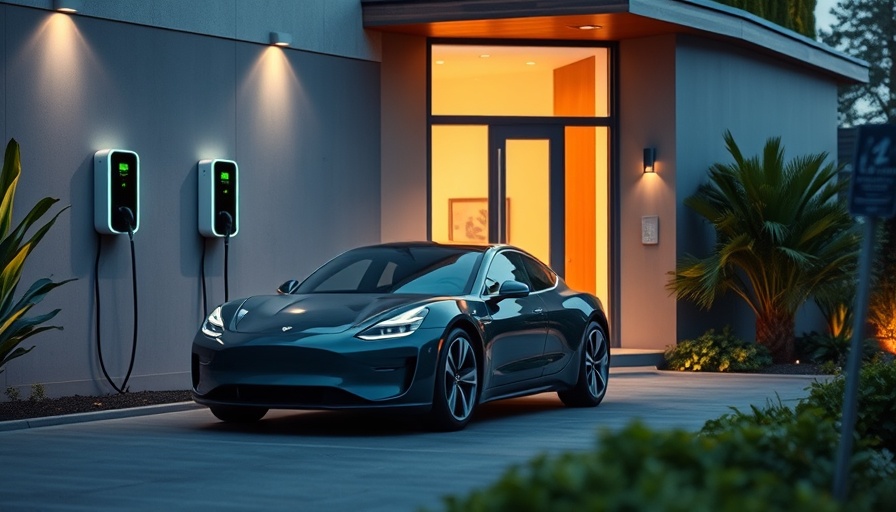
Unlocking the Future of Energy: Bidirectional Charging at Home
In a groundbreaking pilot initiative unveiled at IAA Mobility, Volkswagen subsidiary Elli is set to revolutionize how homeowners utilize solar energy with its bidirectional charging technology. This innovative approach allows electric vehicles (EVs) to serve not only as a means of transport but also as a storage solution for solar energy generated at home. By integrating the home solar system with an 11 kW wallbox developed in collaboration with partners like Cubos, this pilot aims to optimize energy consumption and promote energy self-sufficiency.
Understanding Bidirectional Charging
The essence of bidirectional charging lies in the ability to transfer power in both directions. This means that not only can EVs be charged using electricity from the grid or solar panels, but they can also discharge energy back to the house, powering household appliances and reducing reliance on public utilities. The system will be managed through the Elli Charging app, allowing users to monitor and control their energy flows seamlessly.
Environmental and Economic Benefits
Elli's pilot project promises significant economic savings, estimating a reduction of charging costs by up to 75% for participating users. This considerable decrease is expected due to the enhanced efficiency in utilizing self-generated solar power, aligning perfectly with the global shift towards sustainability. In addition to financial benefits, users may discover independence from the public grid, helping to mitigate the challenges associated with energy shortages and rising costs.
Technological Requirements for Participation
For homeowners interested in participating, certain requirements must be met: applicants need to own a compatible electric VW vehicle equipped with the MEB platform and a photovoltaic system from provider Otovo. The pilot will specifically involve vehicles with a 77 kWh battery and software version 3.5 or higher, ensuring that they are capable of the desired bidirectional charging functionality.
The Future of Energy Management with Managed Battery Networks
Looking beyond individual households, Elli plans to take the concept a step further by developing a virtual power plant model that integrates EV batteries and stationary large-scale battery storage. This Managed Battery Network (MBN) aims to stabilize the grid amidst fluctuating renewable energy sources, addressing one of the critical challenges in energy transition. By participating in the upcoming projects, users will not only contribute to their energy self-sufficiency but also to a larger environmental movement.
Project Timeline and Expectations
The pilot initiative is set to kick off in December 2025, marking the beginning of what could be a significant shift in how renewable energy is harnessed. As this technology evolves, expectations will grow around its ability to bridge the gap between mobility and energy, offering a holistic solution to green energy use.
Conclusion: Embracing a Sustainable Future
As we edge closer to this new era in energy management, it’s crucial for homeowners and businesses interested in leveraging green energy and solar solutions to stay informed and engaged. Bidirectional charging represents more than just advanced technology; it symbolizes a tangible shift towards sustainability and energy independence. Whether you’re considering solar power installation or substantial investments in electric vehicles, aligning with innovative projects like Elli’s pilot can pave the way for a greener, more sustainable future.
 Add Row
Add Row  Add
Add 



Write A Comment